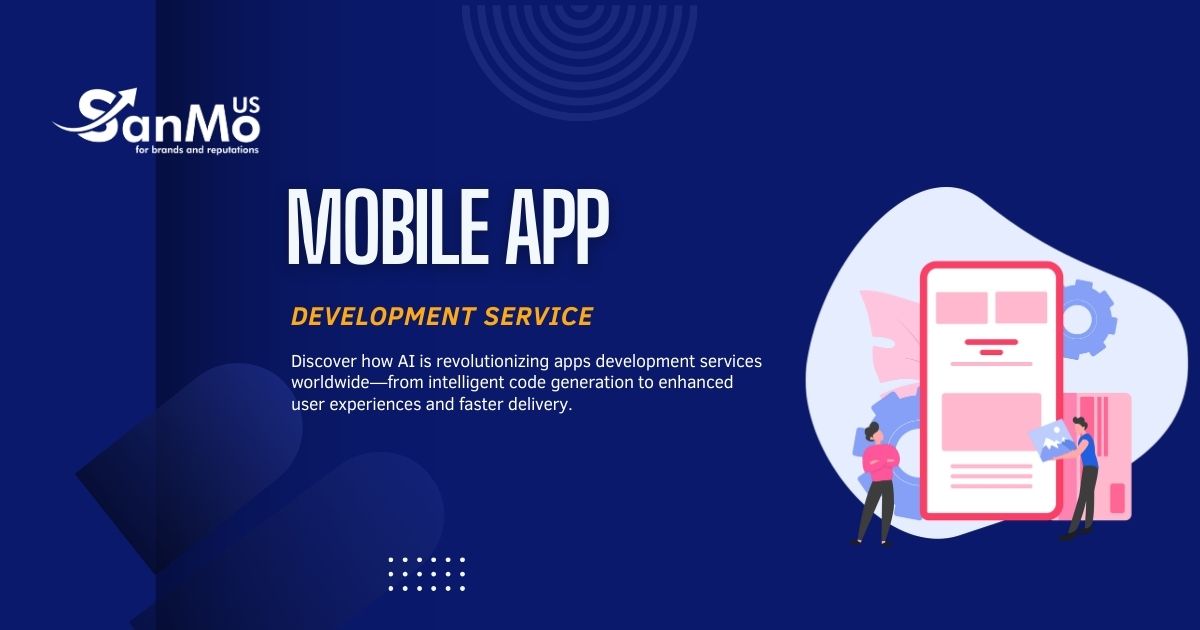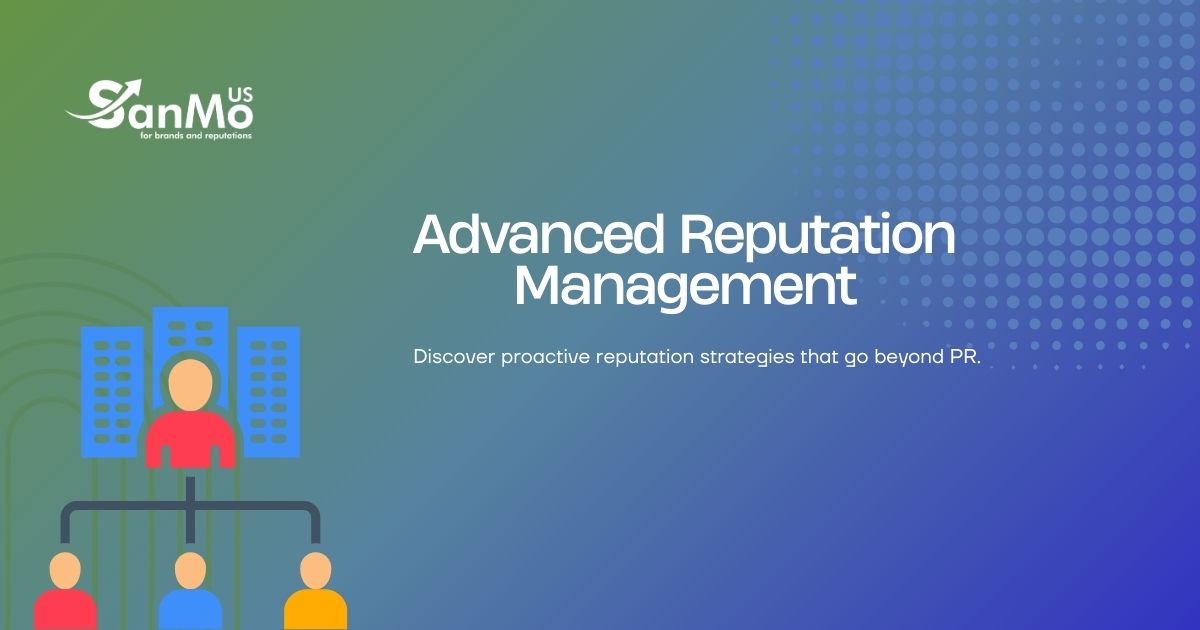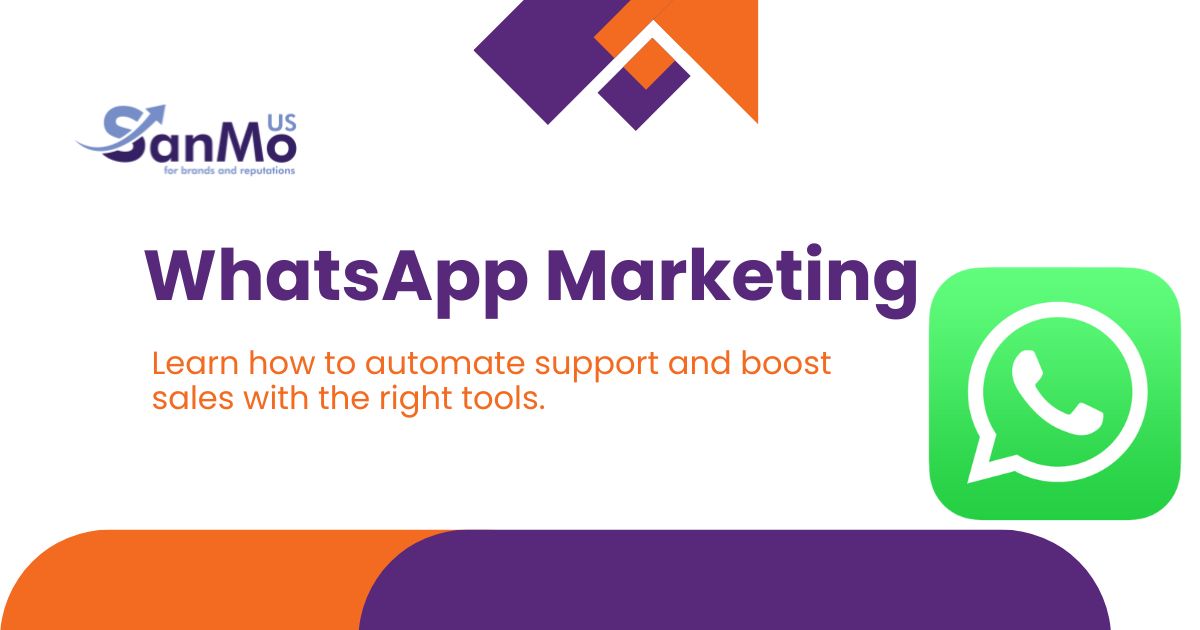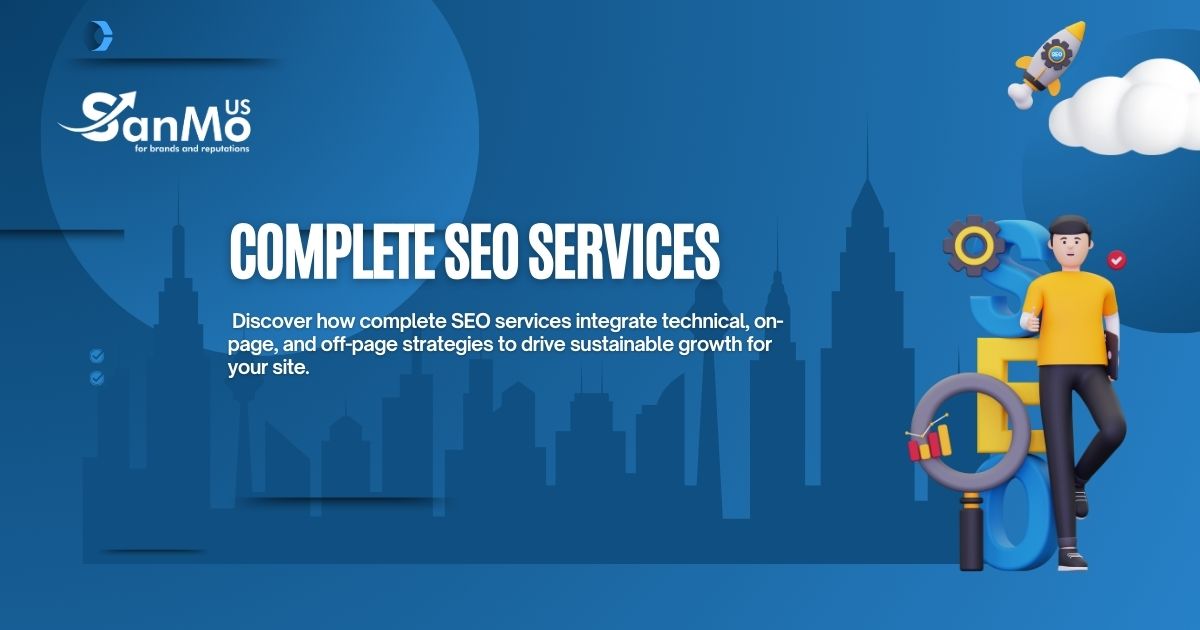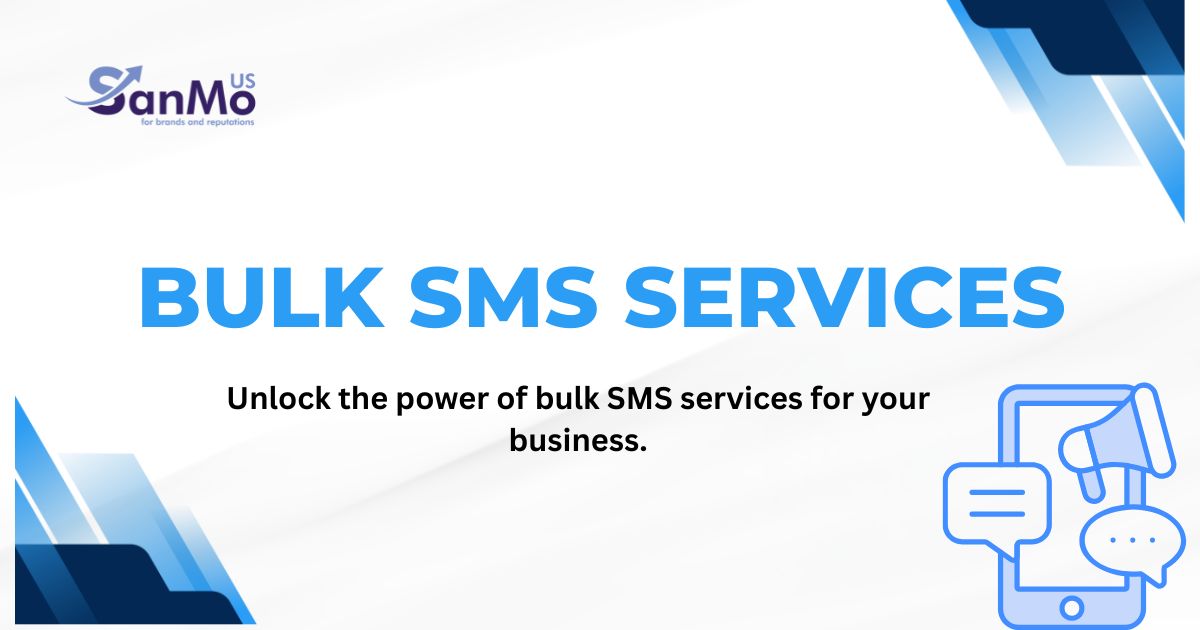Scholarship link building has become one of the most controversial SEO strategies. Some marketers swear by its effectiveness, while others question whether it crosses ethical boundaries. The practice involves creating scholarship programs primarily to earn backlinks from educational institutions and relevant websites.
This strategy gained popularity because educational sites typically have high domain authority, making their links valuable for SEO purposes. However, the ethics of scholarship link building depend heavily on execution and intent.
Understanding the ethical implications is crucial for any business considering this approach. Making the wrong choice could damage your brand reputation and potentially harm your SEO efforts long-term. This guide will help you navigate the complex ethical landscape of scholarship link building and make informed decisions for your marketing strategy.
What Is Scholarship Link Building?

Scholarship link building involves creating scholarship programs with the primary goal of earning backlinks to your website. Companies offer scholarships to students and promote them to universities, schools, and educational websites, hoping these institutions will link back to the scholarship page.
The basic process works like this: a business creates a scholarship program, develops a dedicated webpage describing the opportunity, then reaches out to educational institutions asking them to list the scholarship on their financial aid or scholarship pages. When schools add the scholarship to their listings, they typically include a link back to the company’s scholarship page.
This strategy appeals to marketers because educational domains often have high authority scores. Links from .edu domains can potentially boost search engine rankings more than links from commercial websites. The scholarship serves as the “hook” that makes the link request seem legitimate and valuable.
However, the line between legitimate scholarship programs and manipulative link schemes can be thin. The key difference lies in genuine intent versus purely SEO-driven motives.
The Ethical Concerns
Exploiting Educational Institutions
One major ethical concern involves taking advantage of educational institutions’ goodwill. Universities and schools want to help their students find financial assistance. When they discover that a “scholarship” exists primarily for SEO purposes rather than genuine educational support, it can feel like exploitation.
Educational institutions invest time and resources maintaining scholarship databases. Staff members review submissions, update listings, and respond to student inquiries. Using this system primarily for link building disrespects their mission and wastes their valuable resources.
Misleading Students
Students spend considerable time researching and applying for scholarships. They often face significant financial pressure and view every opportunity as potentially life-changing. Creating scholarship programs that exist mainly for SEO purposes can mislead students about available financial aid.
Low-value scholarships that offer minimal amounts or have extremely limited eligibility criteria may give false hope to students who need genuine assistance. This manipulation of vulnerable populations raises serious ethical questions.
Search Engine Guidelines
Google’s Quality Guidelines specifically target link schemes designed to manipulate search rankings. While scholarship link building exists in a gray area, programs created primarily for SEO purposes could violate these guidelines.
The search engine giant has consistently emphasized that the best links occur naturally when other sites find your content valuable. Scholarship programs designed mainly to generate backlinks may conflict with this philosophy.
When Scholarship Link Building Can Be Ethical
Genuine Educational Commitment
Ethical scholarship link building starts with authentic commitment to education. Companies with legitimate interests in supporting students and advancing educational causes can create meaningful scholarship programs that happen to generate backlinks as a secondary benefit.
These programs typically offer substantial award amounts, have clear selection criteria related to the company’s mission, and maintain long-term commitments to winners and the educational community.
Meaningful Award Values
Ethical scholarships provide genuinely helpful financial assistance. While the exact amount varies by context, awards should be substantial enough to make a real difference in recipients’ educational journeys.
Programs offering extremely small amounts (like $500 or less) may appear tokenistic, especially from large corporations. The award value should reflect genuine intent to support education rather than minimal investment for maximum SEO benefit.
Transparent Selection Processes
Legitimate programs establish clear, fair selection criteria and follow through with transparent judging processes. They publish winner announcements, provide meaningful evaluation of applications, and treat applicants with respect throughout the process.
Programs that select winners based primarily on factors that benefit the company (like social media promotion requirements) rather than merit or need may cross ethical boundaries.
Long-term Commitment
Sustainable scholarship programs demonstrate ongoing commitment rather than one-time SEO experiments. Companies that maintain programs for multiple years, often expanding or improving them over time, show genuine dedication to educational support.
Alternative Ethical Link Building Strategies

Educational Content Creation
Instead of scholarship programs, companies can create genuinely valuable educational resources. This might include research studies, industry reports, educational tools, or comprehensive guides that naturally attract links from educational institutions.
Universities and schools frequently link to high-quality educational content that benefits their students and faculty. This approach focuses on providing value rather than creating artificial reasons for links.
Research Partnerships
Collaborating with educational institutions on legitimate research projects can generate high-quality backlinks while contributing meaningfully to academic knowledge. These partnerships benefit both parties and create content worth linking to.
Research collaborations require significant investment but often produce stronger, more sustainable results than artificial link schemes.
Educational Tool Development
Creating free tools, calculators, or resources specifically designed to help students or educators can attract natural links from educational websites. These tools should solve real problems and provide genuine utility.
Examples might include financial aid calculators, career assessment tools, or industry-specific educational resources that align with your business expertise.
Red Flags to Avoid
Minimal Award Amounts
Scholarships offering very small amounts relative to typical educational costs may signal primarily SEO-driven motives. Awards should provide meaningful assistance rather than token amounts designed mainly to justify link requests.
Overly Complex Application Requirements
Programs that require excessive promotional activities, social media sharing requirements, or other tasks that primarily benefit the sponsoring company rather than evaluating student merit raise ethical concerns.
Aggressive Link Outreach
Conducting large-scale outreach campaigns focused primarily on securing links rather than genuinely promoting educational opportunities to relevant audiences suggests misplaced priorities.
Short-term Commitments
Programs that appear designed as one-time link building experiments rather than ongoing educational support initiatives lack credibility and genuine commitment.
Making the Right Choice for Your Brand
Consider your company’s values, resources, and long-term goals when evaluating scholarship link building. Ask yourself whether you’re genuinely committed to supporting education or primarily seeking backlinks.
If your motivation is mainly SEO-focused, explore alternative strategies that align better with ethical marketing practices. However, if you have authentic reasons to support students and can commit to meaningful, ongoing programs, scholarship link building can be both effective and ethical.
The most successful programs balance legitimate educational support with marketing objectives. They create real value for students while building positive brand associations and earning quality backlinks through genuine merit.
Remember that your reputation matters more than short-term SEO gains. Ethical scholarship programs can enhance brand image while supporting worthy causes, creating sustainable value for all stakeholders involved.
Building Sustainable Educational Partnerships
The most ethical approach to scholarship link building involves viewing it as part of broader educational partnership strategies rather than isolated SEO tactics. Companies that succeed long-term typically develop genuine relationships with educational communities.
Consider how your scholarship program fits into your overall corporate social responsibility initiatives. Programs that align with your company’s mission and values tend to be more authentic and effective than purely promotional efforts.
Focus on creating lasting positive impact rather than quick wins. The best scholarship programs evolve and improve over time, often expanding beyond simple financial awards to include mentorship, internship opportunities, or ongoing educational support.


